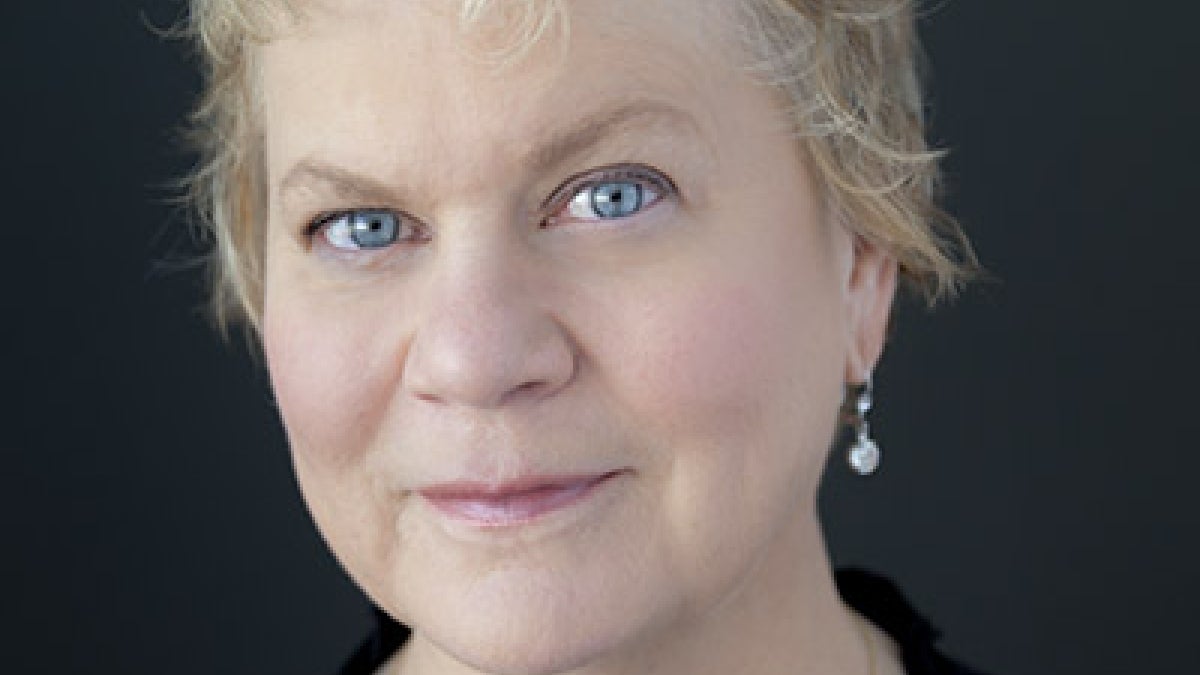Legacy of harp continues at ASU with renowned music professor

Lynne Aspnes, a harp virtuoso and educator, said she is delighted to rejoin the ASU School of Music faculty in fall 2018.
The harp, one of the oldest known instruments in the history of music, has existed in one form or another in every land since 3000 B.C. Evolving from simple strings to electro-acoustic technologies, the harp's music has transitioned from medieval to modern and from acoustic to electric.
Lynne Aspnes, a harp virtuoso and educator whose career with the instrument has taken her around the globe, said she is delighted to rejoin the Arizona State University School of Music faculty in fall 2018.
She is a professor emeritus of harp at the University of Michigan and previously served as associate dean for the Herberger Institute for Design and the Arts at ASU from 2007-2009.
“I believe in an environment that encourages students’ aspirations, and in programs that work with students to acquire skills that they didn’t have when coming in the door,” said Aspnes. “I think that the commitment and design imperatives of ASU are exactly where my interests and my excitement lie in teaching. It’s 100 percent about making this a resource where students come to develop what they want to do with the harp, to seriously take their abilities to the next level and to realize their aspirations. I think the opportunity for a student to say, ‘This is where I want to go and this is a school where I can develop these possibilities’ — is a school I want to be connected to.”
From the highly trained student to the student who is committed to an arts discipline as part of a broader curriculum at the university level — any background can lead to a valid avenue for Aspnes. She said it is not about students' backgrounds, but rather where they want to go.
In her teaching, Aspnes strives to make the student independent — to help the student develop the ability to make decisions, to understand their process, to have the materials that they need and to move forward without her. She aims to instill a sense of intellectual curiosity, musical and technical security and performance confidence in her students, with an eye toward creating independent thinkers and artists who are confident about their abilities and potential contributions.
There are more young people studying musical instruments than we realize, Aspnes said, and they integrate their music with all their cultural and humanities interests. There can be a dichotomy for students who feel they want to continue being musically artistic, and also pursue academic opportunities. They are not aware that they can do both while attending college. For Aspnes, this is a population of students to be cultivated, served and nurtured.
“I want to work with the School of Music, with these students, and with establishing this particular discipline at the level that this school has earned," said Aspnes. "ASU has a genuinely great music school, and I am lucky to be part of this strong and committed faculty."
More University news

ASU community exceeds goal, raises $835K for Valley of the Sun United Way
The Arizona State University community stepped up and raised over $835,266 for the Valley of the Sun United Way — exceeding the $…

ASU launches online ocean futures undergraduate degrees
Our oceans make up three quarters of the planet’s surface and contain most of its biodiversity. Due to rapid and global changes,…

ASU public affairs graduate programs rise to No. 11 in nation in US News & World Report’s 2025 rankings
Arizona State University rose to No. 11 nationwide for best graduate public affairs programs in U.S. News & World Report’s…

